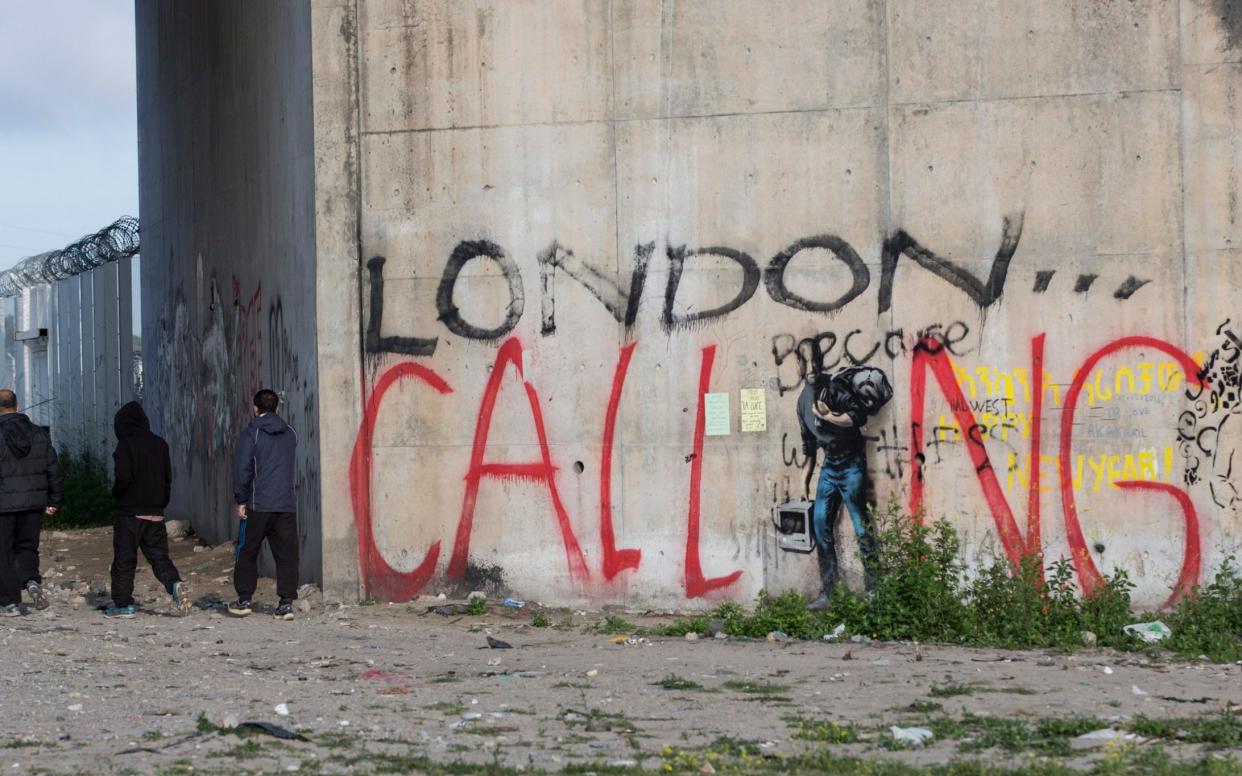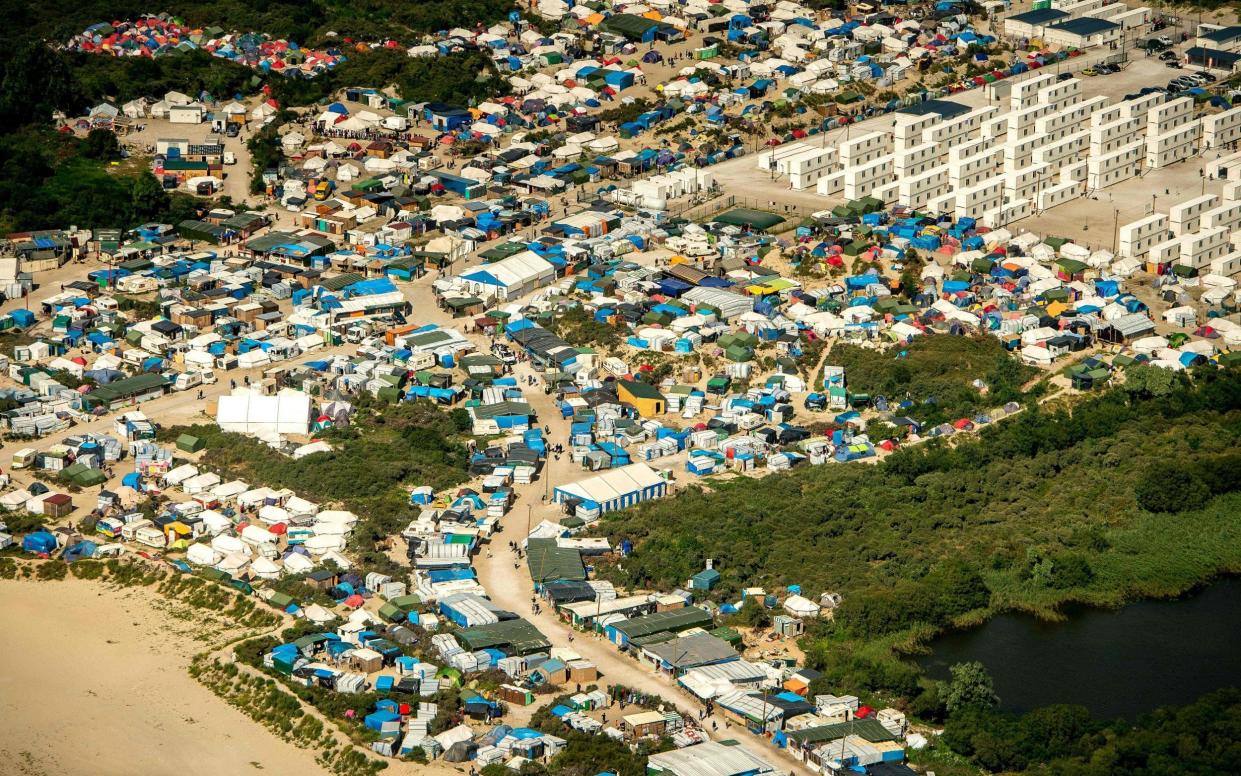Rwanda Bill will not stop crossings, says lecturer who spoke to Calais migrants

Rwanda deportation flights will not stop migrants crossing the Channel in small boats, an academic who spent four weeks interviewing asylum seekers living in the camps in northern France has said.
In a 5,000-word account of her experience, Dr Sophie Watt, a lecturer at The University of Sheffield, said the violent tactics of the French police in regularly clearing the camps were backfiring by further motivating people to leave France and cross to the UK.
She said the living conditions in the camps were reminiscent of the infamous Calais “jungle” shut down in 2016, but people now faced the added threat of violence at night and rivalries between the heavily-armed mafia traffickers that could result in shoot-outs.
“But nobody I spoke to would be deterred [from attempting the crossings]: not by the brutal camp evacuations; the fear of smuggling gangs, the terror of the crossings; or even the promise of a flight to Rwanda once landing in the UK,” she wrote in an essay for The Conversation.
“If anything, the violence and lack of hospitality at the French border which represent unprecedented breaches of fundamental rights of refugees further motivates people to cross.”
As one Egyptian asylum seeker told her: “I could not live in the jungle any longer, I was determined to come to the UK. I had to try.”
Her research comes as the Home Office on Monday confirmed nearly 800 migrants crossed the Channel this weekend, bringing the total so far this year to 5,435.
This is a record high for the first three months of the year, and 30 per above the number at the same point last year.
The record early surge this year comes despite a three-year, £480 million Anglo-French deal, agreed by Rishi Sunak last year, to pay for a doubling in officers patrolling French beaches to 800, a joint command centre, and a detention centre to prevent migrants from leaving France.
The Government’s Rwanda Bill – a key plank of Mr Sunak’s pledge to stop the boats – has been delayed until after the Easter recess after a series of heavy defeats inflicted on the Government by the Lords.
It has raised fears that efforts to get the first deportation flights to Rwanda are likely to be delayed from May until June, when people smugglers ramp up operations to take advantage of the calmer, better weather.
Dr Watt focused on Loon Plage camp, which she described as “wild” and like a “jungle.”

Access to water which was originally intended for use by the fire service has been blocked by police because she said the refugees used it to wash.
“In Calais, it is not uncommon to see 1,000-litre water tanks distributed by charities like Calais Food Collective being stabbed by the police forces or disappearing overnight,” she said.
Police have adopted a “zero-fixation point” policy whereby asylum seekers are prevented from settling anywhere, with camps dismantled as often as every two days and at least every two weeks.
Loon Plage was run by Iraqi-Kurdish smugglers, who have also infiltrated the town of Grande Synthe and have a monopoly on boat crossings on this part of the Pas de Calais coast.
They employ “little hands” as their mafia workforce who recruit refugees or organise the convoys of migrants taken to the boats on the beaches.
“There is little freedom in the camp and each refugee is attached to a recruiter, who works for one or two smugglers,” said Dr Watt.
“Once the refugees have paid their passage, the smuggler allocates them a convoy “team” which often waits in the woods near the beach for several days before attempting to cross.”
Dr Watt said the network of people traffickers could only exist because there was no safe passage agreement between the UK and France.
“Each refugee talked about the violence at night and the fact that the Kurdish mafia is heavily armed. While on the camp I heard gunshots several times and was told they were “just shooting rats’,” said Dr Watt.
Different nationalities pay different rates based on their ability to pay: sub-Saharan Africans pay between €800 (£685) and €1,200, while Vietnamese and Albanians pay up to €4,500.
Poorer migrants are tempted to act as pilots with free passage plus a payment even though the UK has increased the penalty to life imprisonment.
“Despite the relentless hardships and suffering, one thing appeared to unite them: they wanted to seek sanctuary in the UK,” said Dr Watt.
“And headline-grabbing policies about floating prisons and flights to Rwanda were not going to stop them. They had come this far and they were determined to finish their journey.”


